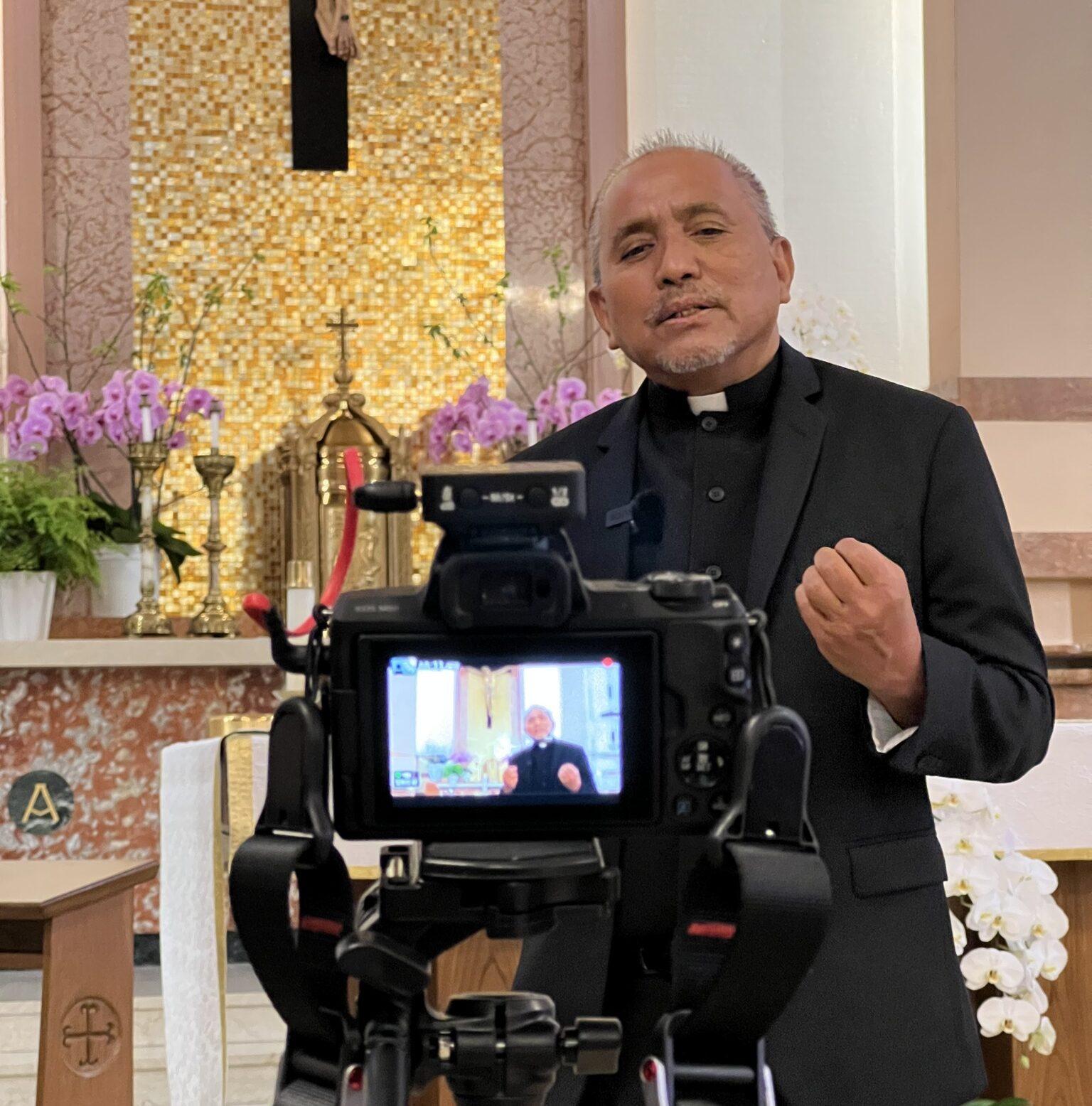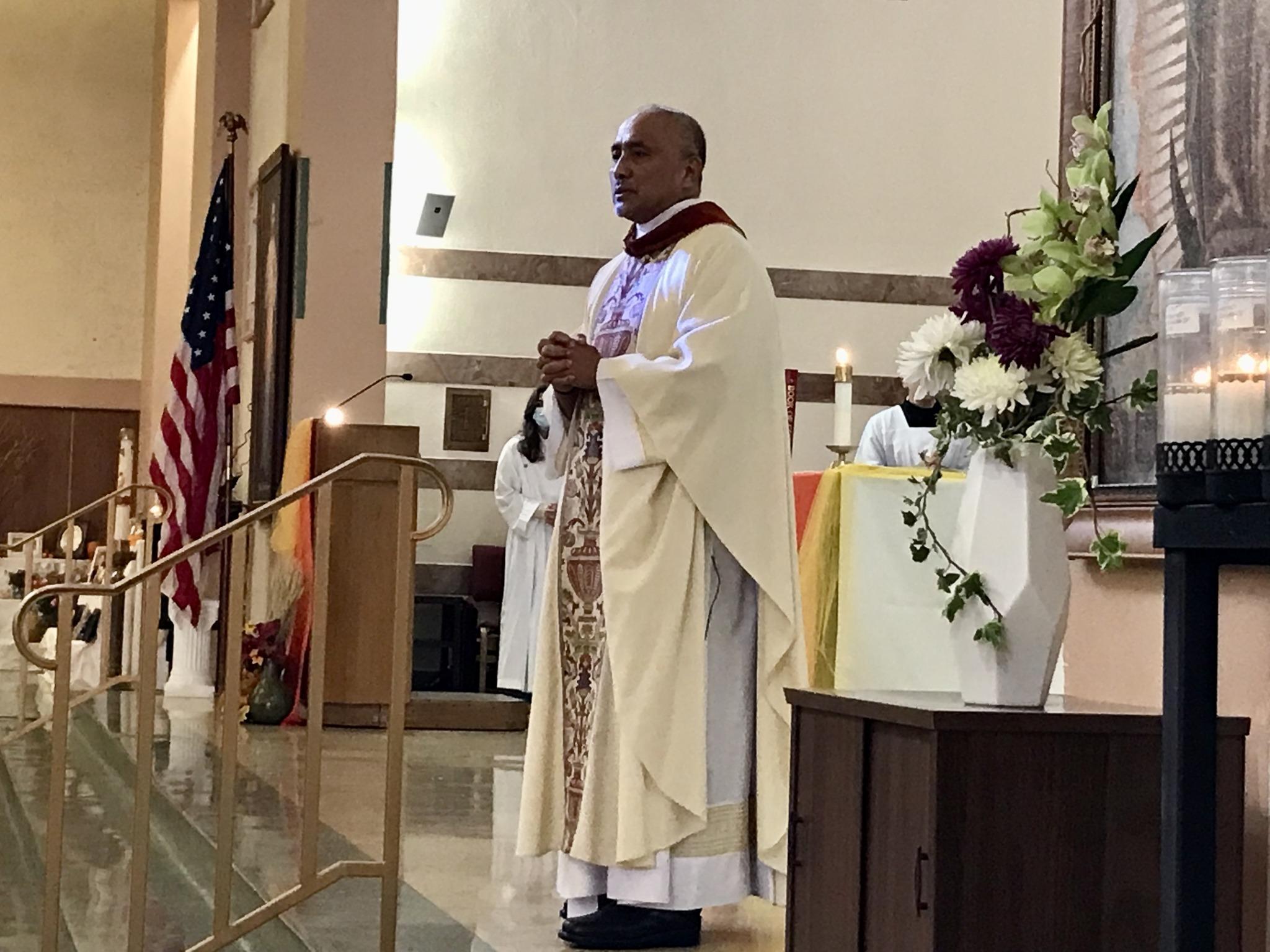Imagine a world without laws or rules governing behavior and moral conduct; it would descend into chaos. In a world where everyone acts solely in their own interests, we would all face severe consequences. Laws exist not to restrict us but to liberate us from various societal ills such as conflicts, violence, disunity, abuse, corruption, disrespect, and anguish born out of pride, self-glory, and ultimately leading to physical and spiritual decay.
Our first reading from the Book of Exodus, 12:1-17, recounts God delivering His commandments to the people of Israel. The paramount law He establishes for them is, “I, the Lord, am your God, who brought you out of the land of Egypt, out of the house of bondage; you shall have no other gods before me.” This law serves as a constant reminder of the freedom from slavery bestowed upon them by God and underscores their allegiance to the God who rescued them, affirming their commitment to serve solely Him and not other deities.
This initial commandment, constituting a covenant between God and humanity, lays the groundwork for the remaining Ten Commandments, all of which revolve around the principles of respect and protection for one another: “Honor your father and mother…You shall not murder. You shall not commit adultery. You shall not steal. You shall not bear false witness against your neighbor. You shall not covet your neighbor’s house. You shall not covet your neighbor’s wife.” By upholding these commandments faithfully, individuals can experience peace, harmony, and justice in their communal lives.
Jesus came to perfect the commandments, known collectively as the Law, by anchoring them in the most essential virtue: love. All commandments, laws, or rules find their true fulfillment through our deep love for God and one another. Jesus demonstrated this by obediently submitting to the will of the Father out of love and unity with Him. By assuming human form, proclaiming His Father’s teachings, enduring suffering, and sacrificing himself for us, Jesus epitomized obedience to the Father. Through this obedience, we are liberated from sin and granted the promise of eternal life. This paradoxical aspect of God’s wisdom, as highlighted by Paul in the upcoming Second Reading, underscores the profound nature of divine love.
The Church, with its comprehensive set of rules and laws, is not only rooted in love but also in principles of justice and mercy. These regulations seek to foster harmony and peace in our lives, guiding us towards a collective flourishing.
Let us liberate our minds from narrow and pessimistic views of biblical and ecclesiastical laws and regulations. Instead, let us perceive them through the lens of the freedom and peace they offer.
* * *
The opinions, beliefs and viewpoints expressed by the author do not necessarily reflect the opinions, beliefs and viewpoints of the Asian Journal, its management, editorial board and staff.
* * *
Fr. Rodel “Odey” Balagtas is the pastor of Incarnation Church in Glendale, California.



